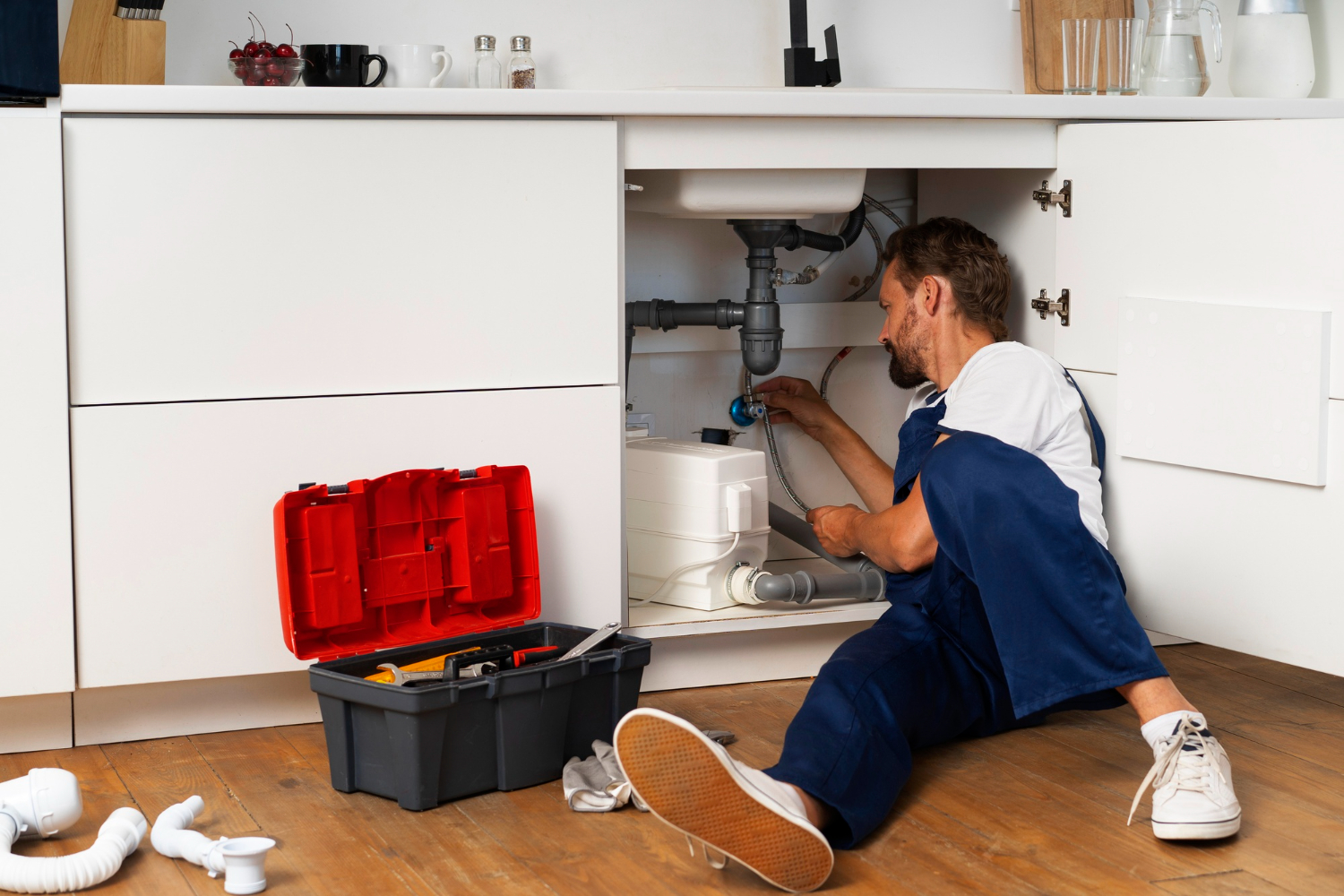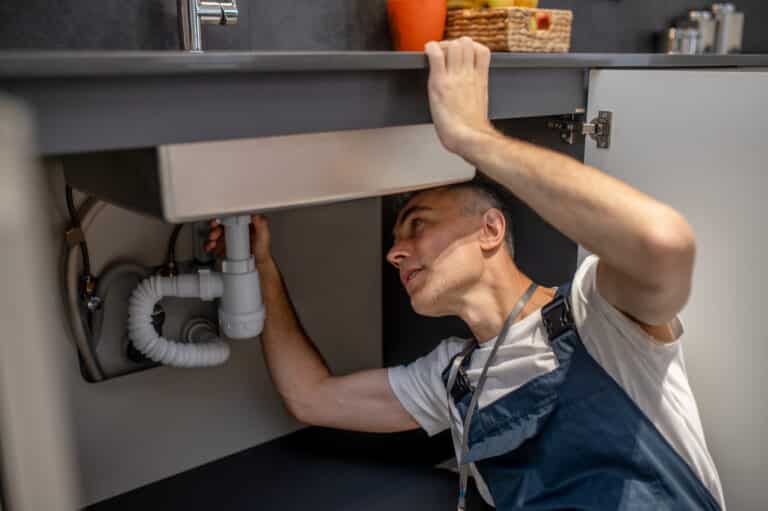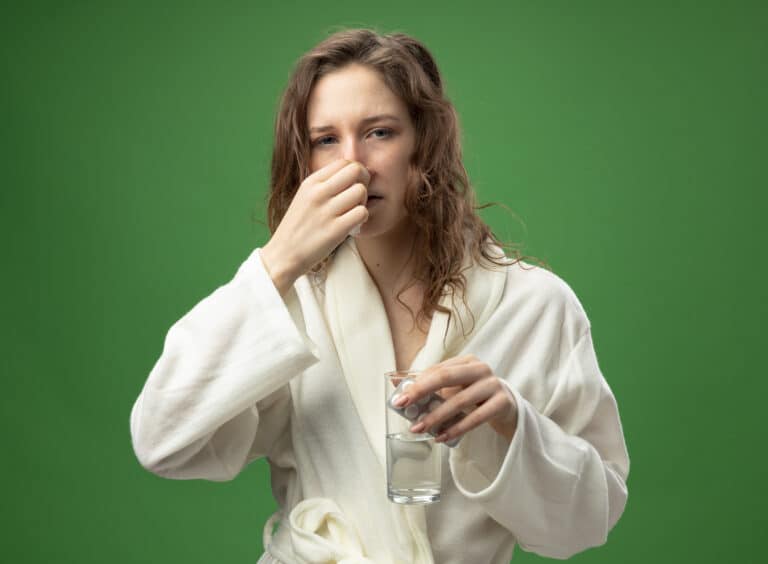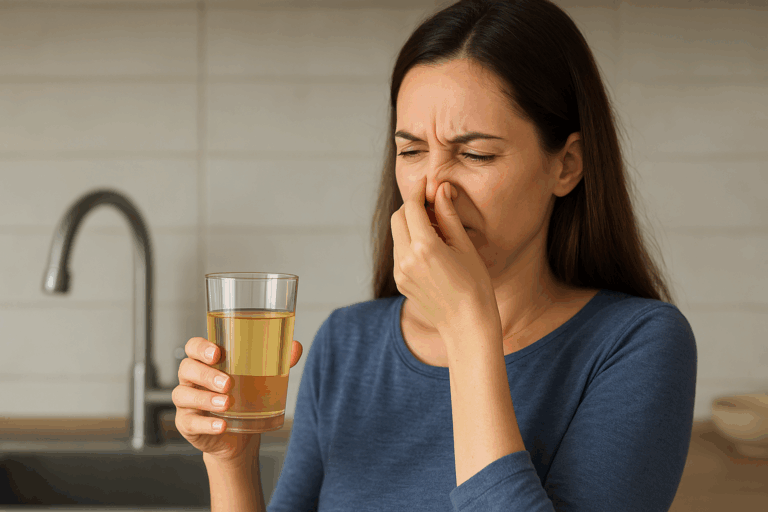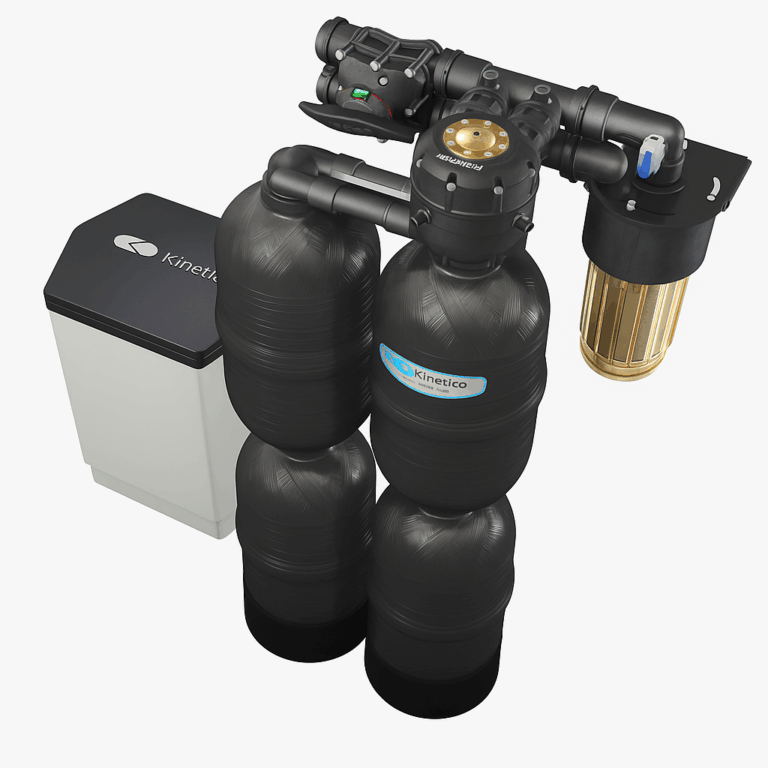The words “water quality” usually make people think about their drinking water. They start to wonder if it’s safe to drink, tastes fine, or if it smells a little off. However, water quality isn’t just limited to your drinking water, as the type of water supplied at your home plays a big role in how your home functions. Let’s understand how your water quality impacts your appliances and plumbing.
What Does Your Water Contain?
The water quality of every region varies. Depending on the area you live in, your water may contain minerals like calcium and magnesium, making it hard water. It might also contain iron, chlorine, or sediment. These contaminants aren’t always harmful in small amounts, but over time can have a bad impact on your home. For instance, hard water leaves behind mineral deposits inside pipes and even on surfaces.
You may have noticed limescale deposits on faucets and tiles and white streaks on glassware, this is a result of hard water. This same thing happens inside your water-using appliances like a coffee machine, dishwasher, washing machine, and a water heater as well. Over time, these mineral deposits can end up clogging important parts of your appliances, causing them to work harder to operate and wear out faster.
How Does it Affect Your Plumbing?
Apart from your appliances, your entire plumbing system also gets affected by hard water. As mineral deposits form inside pipes, they narrow down the space for water to flow and cause a drop in water pressure. At times, they even cause pipe corrosion, leaks and bursts. Some regions have water that contains iron in large amounts, which leaves behind reddish stains in sinks and toilets. If your water has sulfur, then it may smell like rotten eggs. If your water contains sediments, then these impurities can collect at the bottom of the water heater, making it inefficient and noisy. These plumbing repairs can be quite expensive to fix.
Is Your Water Causing Damage?
You might not initially notice that your water is causing damage to your home appliances and plumbing, but by understanding a few early signs of poor water quality, you can prevent damage. Some signs of poor water quality are white chalky residue on faucets, cloudy dishes, odd-smelling water, or frequent appliance issues. Even if you have felt that your skin feels dry after showers or your clothes feel rough after washing, these can point to underlying water problems.
What You Can Do
You don’t need to suffer due to poor water quality, as there are many ways to improve water quality. The most effective solution is to treat the water before it enters your home’s system by getting a whole-home water system. You can consider investing in a water softener to remove excess minerals from your water if you have a hard water supply, or explore other filtration systems to remove specific contaminants like chlorine, iron, or sediment.
Contact CGC Home Services
Are you confused about which system would be the right fit for your home? Get in touch with CGC Home Services, the trusted plumbing company in Jacksonville, FL. We offer free water testing, so you can better understand what’s exactly lurking in your water and provide solutions based on your specific water quality issues.

